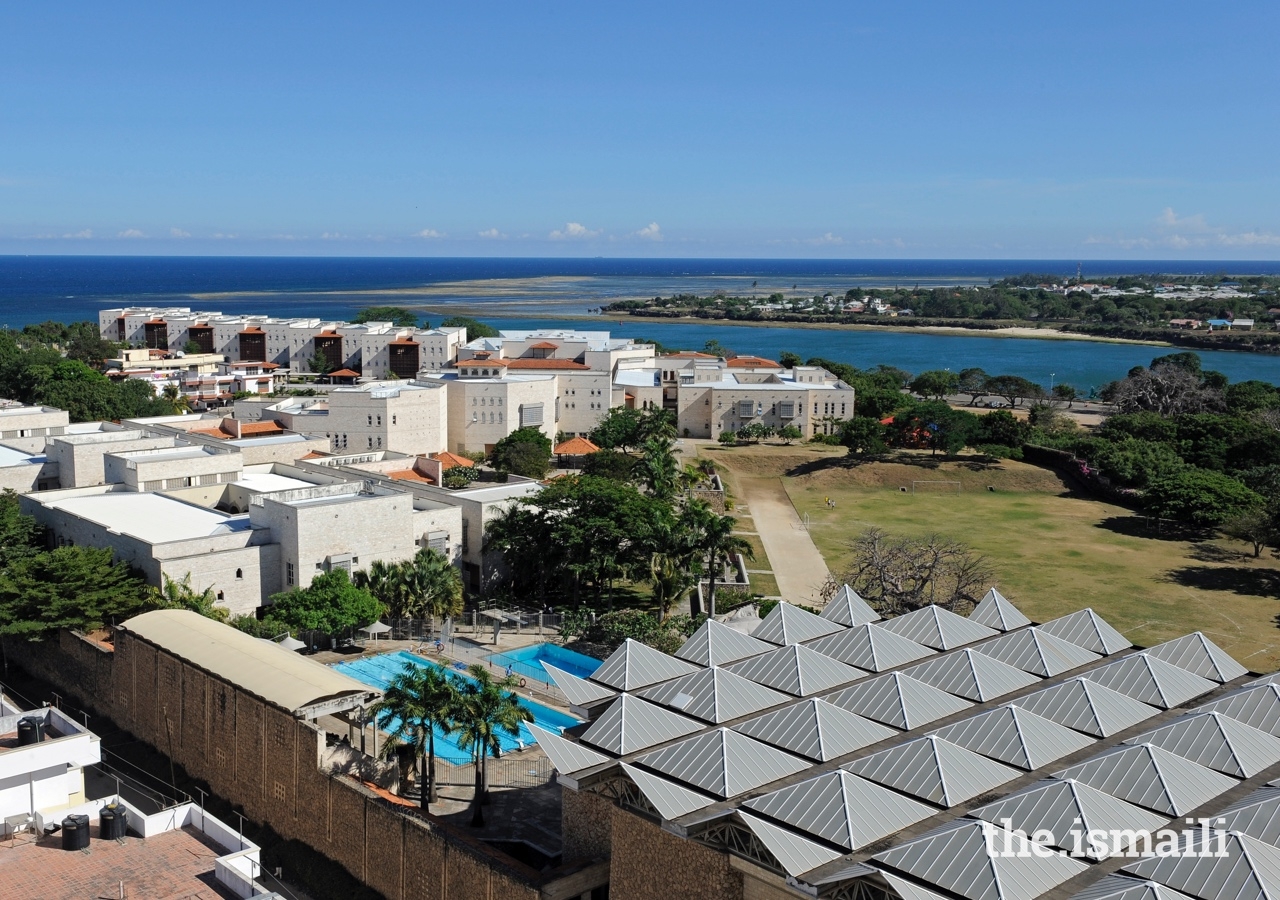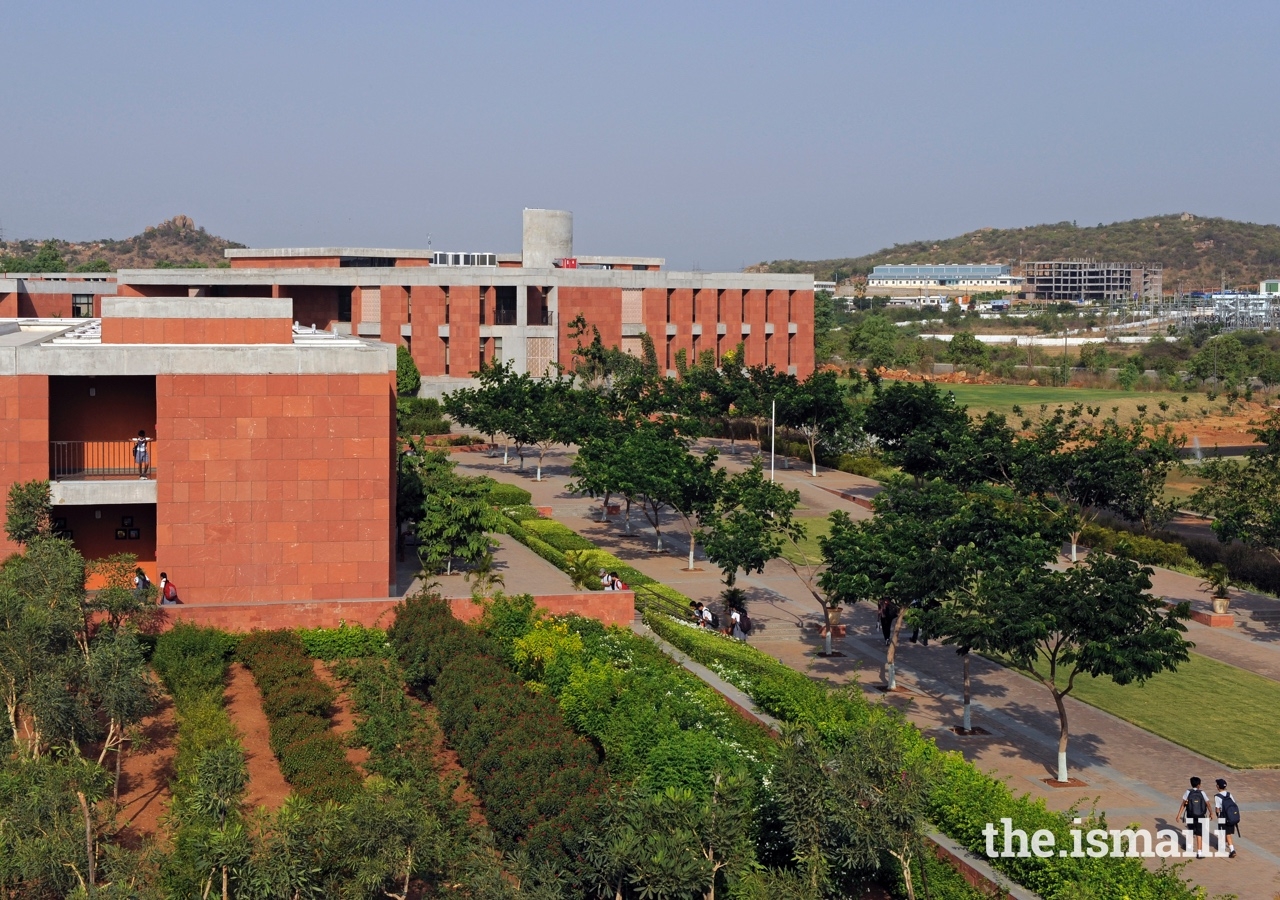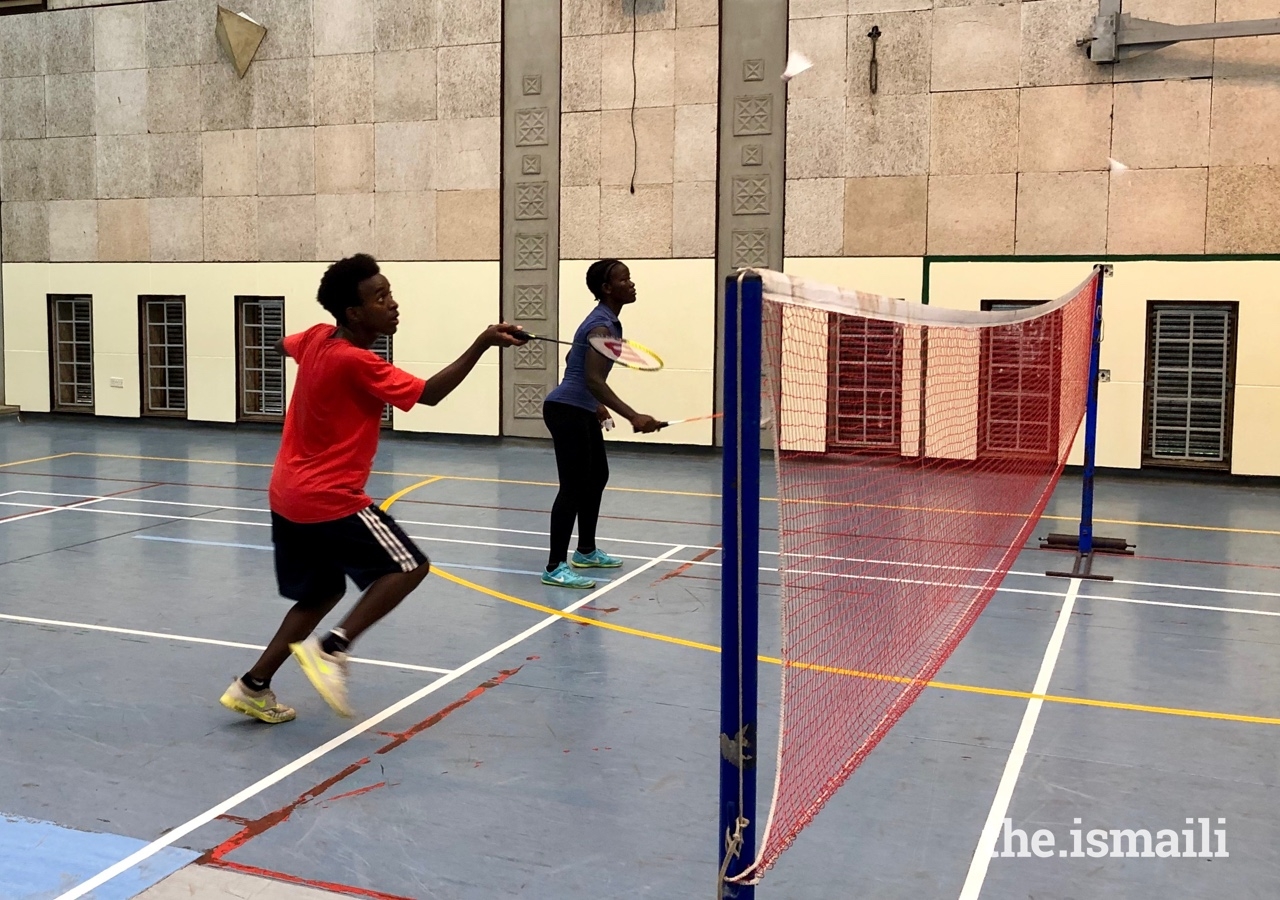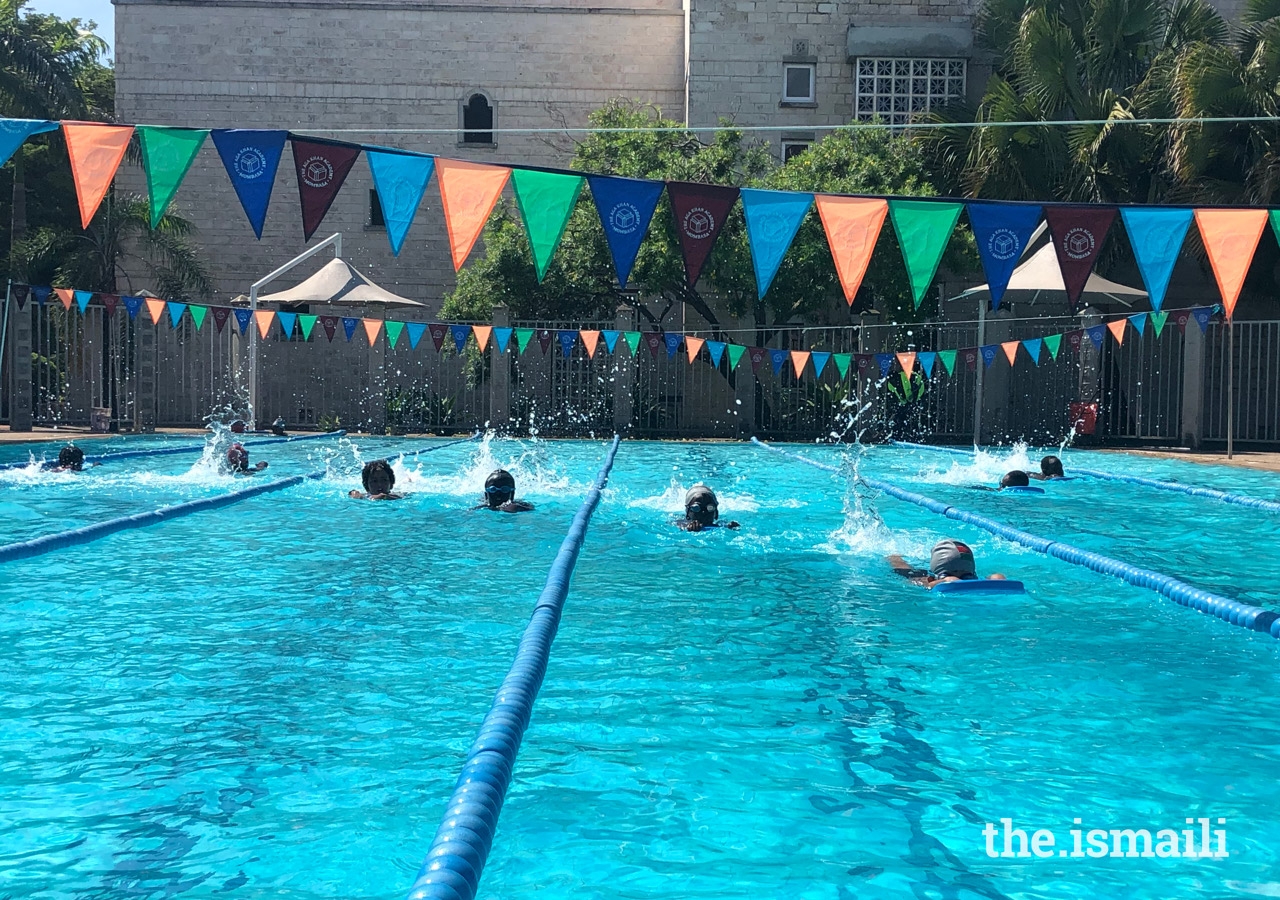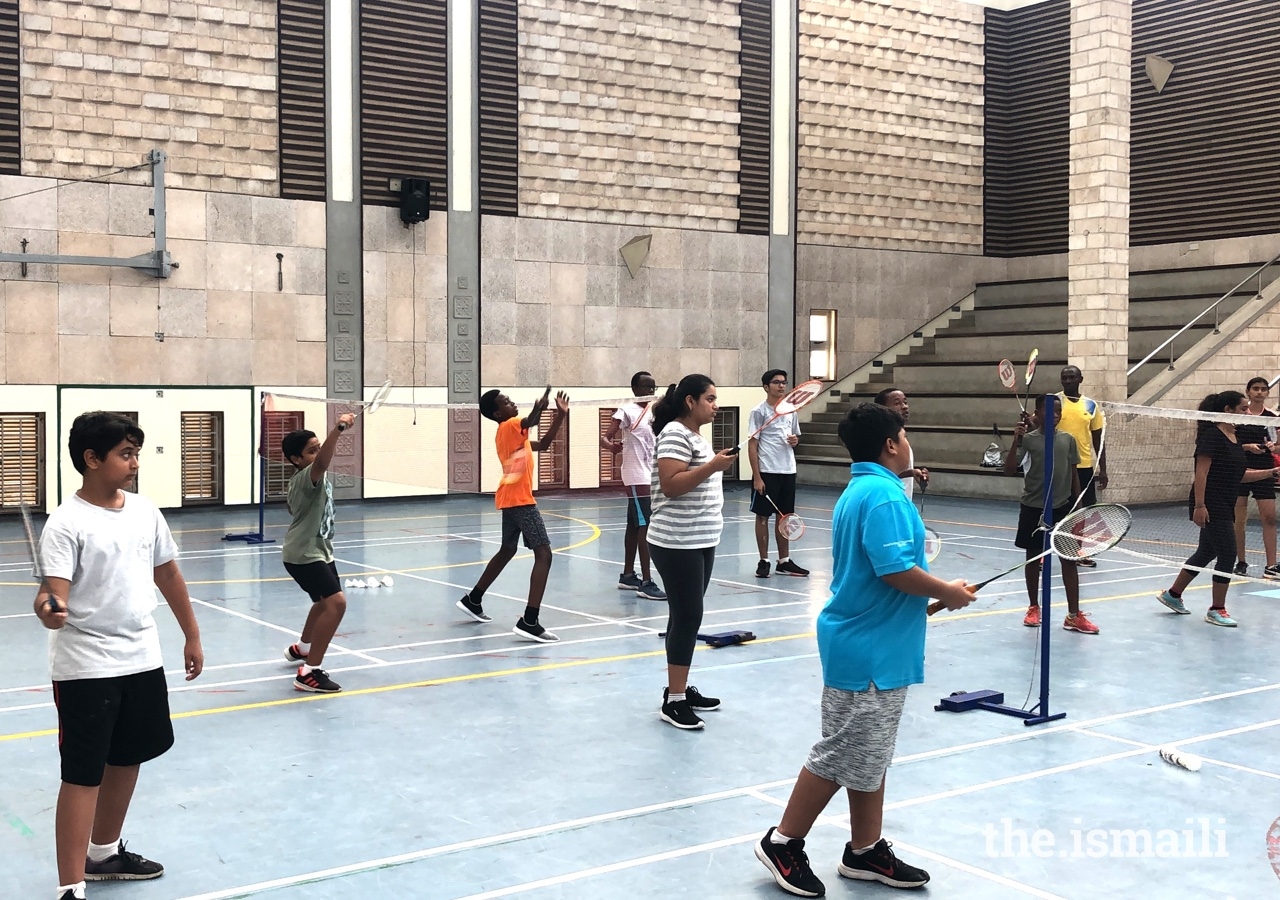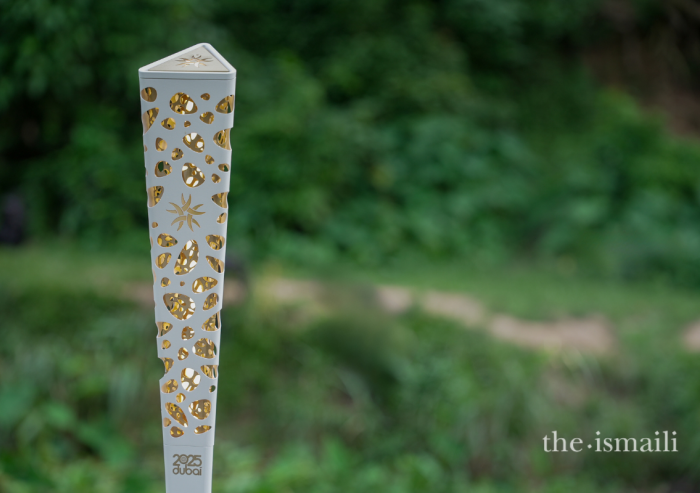The summer of 2016 provided an opportunity for Ismaili athletes, participants, and spectators to excel, compete, and unite, as they gathered in Dubai for the second international Jubilee Games. The Games were originally developed as an International Programme, to coincide with the celebrations of Mawlana Hazar Imam’s Golden Jubilee in 2007-2008.
Following on from the success of the Games held in 2008 in Kenya and 2016 in the UAE, the programme’s legacy aims to harness athletic talent, by developing elite standard athletes as well as aspiring sports coaches. A programme was later established, in order to identify and nurture young, talented athletes, and to match them with skilled coaches and mentors at residential episodes in various parts of the world.
As centres of excellence, The Aga Khan Academies were an ideal fit to host this project. The Academies aim to develop future leaders with the skills and knowledge to support positive development in their societies. At the laying of the foundation stone for the Aga Khan Academy in Dhaka, Mawlana Hazar Imam said that the “academies experience will be a holistic one, with a healthy programme of extracurricular and athletic activities.” One of the flagship features of the Academies is state-of-the-art sporting facilities, where students can excel in football, basketball, swimming, cricket, and hockey, among other sports. Students will often compete in inter-house leagues and represent the Academy in tournaments with other schools.
The partnership with the Jubilee Games programme aimed to create sporting distinction whilst giving Academy students a competitive edge. Elite coaches were identified from within the global Jamat and underwent a rigorous selection process. Upon passing the assessment, they were given the opportunity to travel to the Aga Khan Academy in Mombasa or Hyderabad, and offer their time and talent to deliver workshops in badminton and football.
One of the objectives of the camp was to introduce students to a new sport and to raise the standards of coaching amongst teaching staff within both Academies, thereby promoting continuous development and to sow the seeds of sporting excellence. Teachers and students were offered the highest quality training in their chosen sport, and resources were made available to ensure that coaches could deliver similar sessions long after the sports camps had finished.
Each of the Aga Khan Academies promote more than just academic rigour. In Hyderabad in September 2006, Mawlana Hazar Imam said that “the Academies will be concerned with the whole of the human being – mind, body and spirit.” In line with this vision, coaches were encouraged to create an atmosphere that promoted learning, exploration, and expression through sports and physical activity.
Excited students, teachers, and parents received the Badminton camp in Mombasa with joy, excitement, and passion. Many students expressed a desire for additional practice sessions to be included in the school curriculum, so as to further enhance their skills. Teachers from the Academies who took part in the workshops said they had gained personal skills which can also be used outside of teaching sports.
The project not only imparted knowledge to the students, but also provided the coaches with an opportunity to learn. Former World Championship swimmer, Sehar Saleh from Kenya, piloted this years swimming programme in Mombasa. Speaking of her experience she said, “I learnt how loving, joyful, and amazing children are. Sharing a common interest such as sport can bring people together in order to make life long memories.”
Fayaz Ladak, a badminton coach from the UK, said it was an “unforgettable experience. We witnessed ambitious children with great potential and made the most of the opportunity to increase their interest in badminton whilst equipping the staff to continue developing the standard of players at the Academy.”
Following the inaugural camps, the programme has expanded this year; the sports camps now include training in swimming, and have increased in capacity in order to accommodate more students. The camps have also introduced new methods of training. Azam Kanani, a badminton coach from Canada said, “After having participated in running the badminton camp in Mombasa for two years now, we have been able to improve the quality of the programme we offer and bring new ways of learning to keep the content fresh.”
For the future, it is hoped that the standard will continue to increase and rise to new heights. Azam’s aspiration is that “these camps will inspire more individuals to take up the game with the aim of competing professionally.”
As Faiz Mitha, Project Lead for Elite Athletes and Coaches for the Jubilee Games said, “These camps are a fantastic way of connecting elite level talent with young, aspiring athletes, as well as keen and passionate teachers and coaches. This project not only helps the athletes and teachers to improve but also enables the coaches to develop their skills. Launching this partnership with the Aga Khan Academies has been a steep learning curve, yet at the same time an incredibly fulfilling experience.”

